5052 H34 Aluminum Plate for Boat
When it comes to marine applications, specifically boat building and repair, selecting the right aluminum material is critical for long-lasting performance, corrosion resistance, and structural integrity. Among various alloys, the 5052 H34 aluminum plate stands out—not just due to its well-known corrosion resistance—but primarily because of its unique blend of mechanical strength and formability achieved through a meticulous tempering process.
Why 5052 H34 Aluminum for Boats? – the Functional Advantage
From the viewpoint of a marine structural engineer, any material choice for vessels is dictated by the interplay of durability, weight, fabrication ease, and resistance to harsh seawater environments. The 5052 H34 aluminum alloy offers a synergized approach to these factors:
Working with 5052 H34 aluminum plate for boat construction is a daily affair, and I've come to appreciate its unique properties. The H34 temper, offering a good balance of strength and formability, makes it a favorite for hull components, especially those requiring some degree of bending or shaping. We often see it used in smaller boat builds where weldability is crucial, though the slightly lower strength compared to something like 6061-T6 necessitates careful consideration of structural design. Seeing a finished boat, sleek and strong, knowing a significant part of it originated from the plates we processed here, is deeply satisfying. I’ve witnessed firsthand the importance of consistent quality control, especially regarding surface finish and precise dimensions, to ensure optimal performance and longevity in the marine environment.
Beyond the technical specifications, I've also gained insight into the practical implications of choosing 5052 H34. The material's superior corrosion resistance is vital, especially in saltwater applications where pitting and crevice corrosion can be major issues. However, this doesn't mean it's maintenance-free; proper cleaning and surface protection are essential to maximize its lifespan. We frequently interact with boat builders who emphasize the cost-effectiveness of 5052 H34, particularly for smaller projects, as its combination of strength, workability, and corrosion resistance makes it a highly competitive material. their perspectives has helped refine my
- Optimal Strength-to-Weight Ratio: Boat components require materials that provide strength without excess weight, crucial for fuel efficiency and handling.
- Work Hardening with Controlled Temper: The H34 temper yields medium strength and retains exceptional ductility, permitting complex shaping without micro-cracks or brittleness.
- Superior Marine Corrosion Resistance: Alloyed primarily with magnesium, 5052 maintains surface integrity amid constant exposure to chloride ions.
What Does "H34" Tempering Mean?
Often overlooked but vital, the "H34" temper designates half-hard condition processed by strain hardening (cold working) and partially annealed to enable moderate strength augmentation. From a metallurgical viewpoint:
- The material undergoes mechanical deformation to increase dislocation density within its crystal structure.
- A controlled annealing step avoids brittleness while maintaining desired hardness levels.
- This results in a balance between formability and mechanical robustness—uniquely fitting hull plating, decks, and other fabrications where bending and welding for shape adjustment is common.
Technical Parameters and Mechanical Properties
Delving into precise figures helps illustrate why 5052 H34 is prized in marine contexts:
| Property | Value |
|---|---|
| Alloy | 5052 |
| Temper/Condition | H34 (strain hardened, part annealed) |
| Density | 2.68 g/cm³ |
| Thickness Range | 1.0 mm – 300 mm (application-dependent) |
| Tensile Strength | 228 – 278 MPa |
| Yield Strength (0.2% offset) | 138 – 175 MPa |
| Elongation at Break | 6 – 12 % (enhanced ductility) |
| Hardness | ~HV90 – HV110 |
Chemical Composition Table of 5052 Aluminum Alloy
| Element | Percentage (Weight %) |
|---|---|
| Aluminum (Al) | Balance (typically > 97%) |
| Magnesium (Mg) | 2.2 – 2.8 |
| Chromium (Cr) | 0.15 – 0.35 |
| Copper (Cu) | ≤ 0.1 |
| Iron (Fe) | ≤ 0.4 |
| Manganese (Mn) | ≤ 0.1 |
| Silicon (Si) | ≤ 0.25 |
| Zinc (Zn) | ≤ 0.1 |
| Titanium (Ti) | ≤ 0.15 |
The balanced inclusion of magnesium predominates corrosion resistance and a moderate work hardening rate, whereas trace components like chromium improve grain stability—critical under cyclic marine stresses.
Implementation Standards and Fabrication Implications
Using 5052 H34 aluminum plates for boats adheres to major maritime material standards set by ASTM (American Society for Testing and Materials), JIS (Japanese Industrial Standards), and ABS (American Bureau of Shipping) guidelines, ensuring Marine grade certification.
Some crucial points include:
- Welding Compatibility: Due to the partial annealing in H34 temper, 5052’s weldability is excellent. Post-weld strength may decrease in the Heat Affected Zone (HAZ), so tempering control remains during fabrication.
- Forming and Bending: The H34 temper lends itself to qualified bending radii without microstructural damage owing to its balanced ductility.
- Corrosion Control: In composite surfaces (commonly combined with coatings), 5052 H34 resists pitting, crevice, and galvanic corrosion despite continuous saltwater exposure.
- Fatigue Resistance: Its mechanical configuration and magnesium-enriched matrix assist structural elements in withstanding repetitive loading occasions during marine navigation.
Applications in Boat-Building and Marine Structures
The 5052 H34 aluminum plate shines in critical marine use cases:
- Hull and Deck Construction: Structurally integral to the framework; high strength and resistance weigh favorably for vessel stability.
- Bulkheads and Internal Partitions: Helps maintain lightweight but rugged spatial partitions.
- Fuel Tanks and Fluid Containers: Excellent corrosion resistance safeguarding fuel or water storage.
- Marine Fittings and Accessories: Ideal for railings, clamps, and ladders subjected to continuous water exposure.
- Fabricated Components Subject to Form Modulation: Practical for curved transoms and hull flares owing to favorable formability.
Related Products
Marine 5059 aluminum plate
Marine 5059 Aluminum Plate is distinguished by its high magnesium content and carefully balanced alloying elements, designed to maximize strength without compromising corrosion resistance.
View DetailsMarine 5083 aluminum plate
Marine 5083 Aluminum Plate belongs to the 5xxx series of aluminum-magnesium alloys and is classified as a non-heat-treatable alloy. Its high magnesium content (typically 4.0–4.9%) enhances its corrosion resistance, especially against seawater-related degradation such as pitting and stress corrosion cracking.
View DetailsMarine 5052 aluminum plate
Marine 5052 Aluminum Plate is noted for its exceptional resistance to corrosion caused by seawater, salt spray, and marine atmospheres.
View DetailsMarine aluminum steel clad plate
Aluminum / Steel Clad Plates consist of a sandwich construction in which a layer of marine-grade aluminum alloy is metallurgically bonded to a steel substrate.
View DetailsMarine 5383 aluminum plate
The 5383 aluminum alloy belongs to the 5xxx series of aluminum-magnesium alloys known for remarkable resistance to marine corrosion and high strength.
View DetailsMarine heavy duty aluminum plate
Marine Heavy Duty Aluminum Plates Sheets generally refer to thick aluminum alloy plates and heavy gauge sheets produced from marine-grade alloys such as 5083, 5086, 5059, and 5383.
View DetailsRelated Blog
5052 h111 alloy aluminum marine plate
When it comes to marine aluminum plates, performance and reliability are non-negotiable qualities due to the challenging environments they encounter—saltwater corrosion, fluctuating temperatures, and mechanical stresses.
View DetailsMarine Aluminum Alloy Plate 5052 5083 6061
Marine environments pose extreme challenges—constant exposure to saltwater corrosion, mechanical stresses, and environmental fluctuations demand materials that combine strength, durability, and corrosion resistance.
View DetailsHot Rol 5052 5083 Aluminum Plate Sheet for Boat
When it comes to marine aluminum, hot rolled 5052 and 5083 aluminum plate sheets hold a distinguished place, primarily due to their impeccable blend of strength, corrosion resistance, and formability — factors crucial for boat manufacturing.
View Details5052 H34 Aluminum Plate for Boat
When it comes to marine applications, specifically boat building and repair, selecting the right aluminum material is critical for long-lasting performance, corrosion resistance, and structural integrity.
View Details

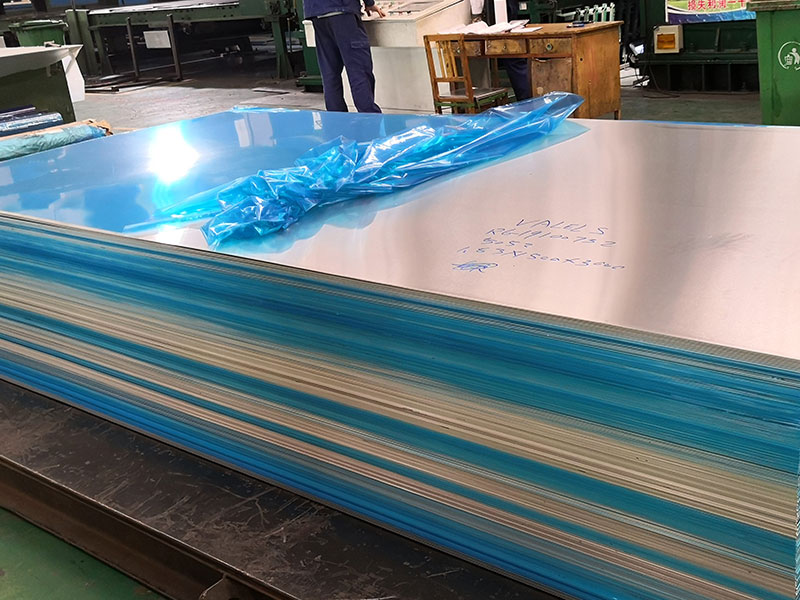
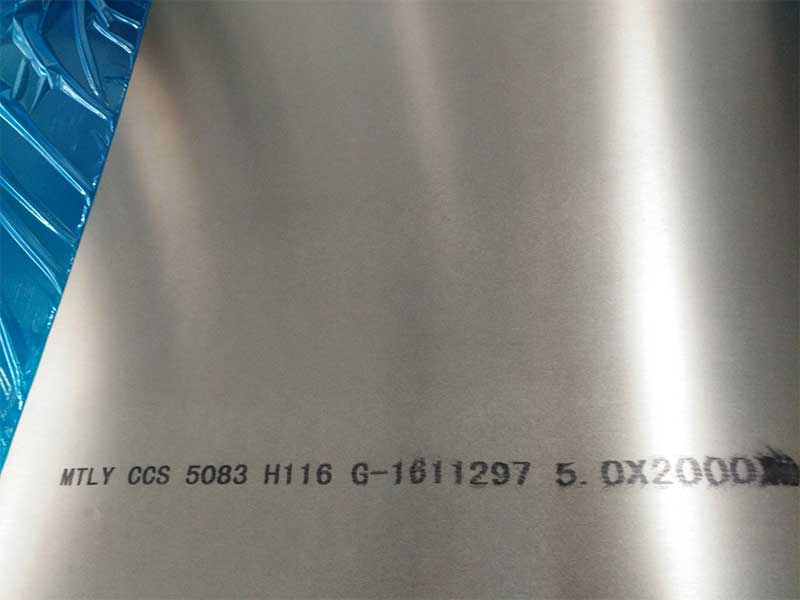
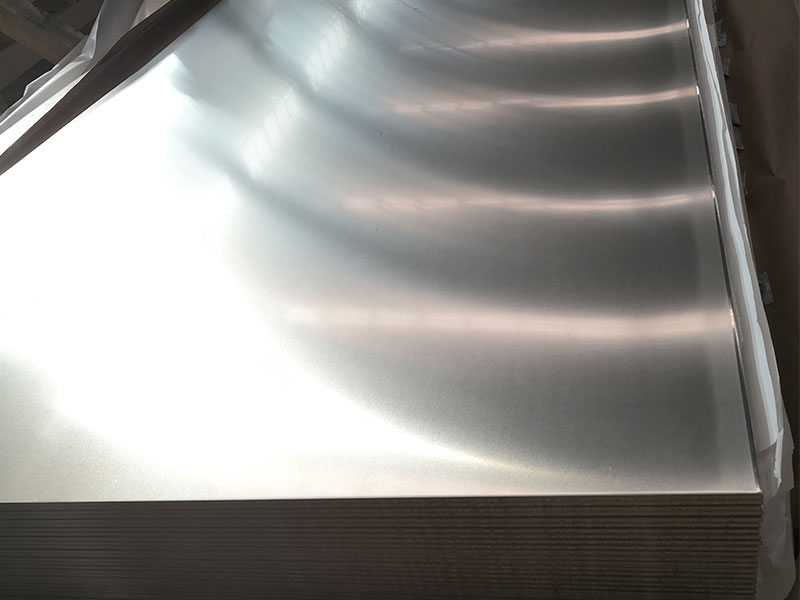
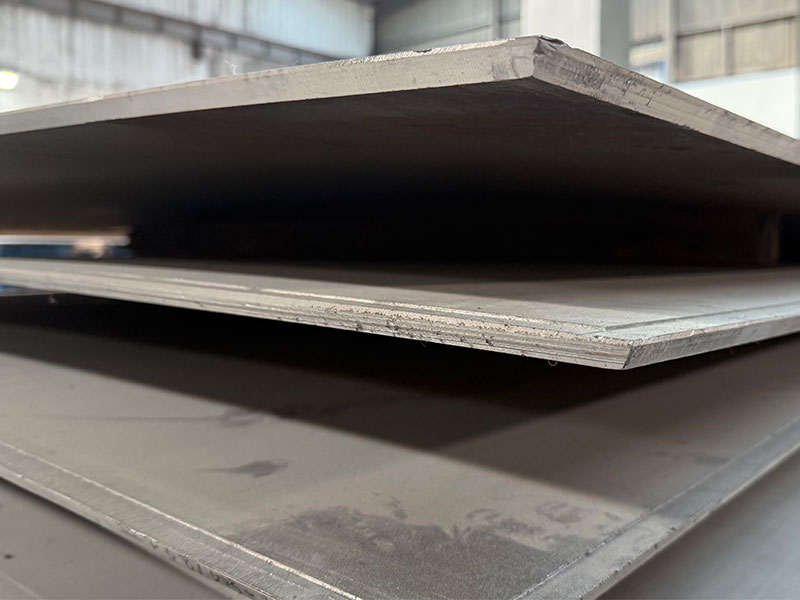
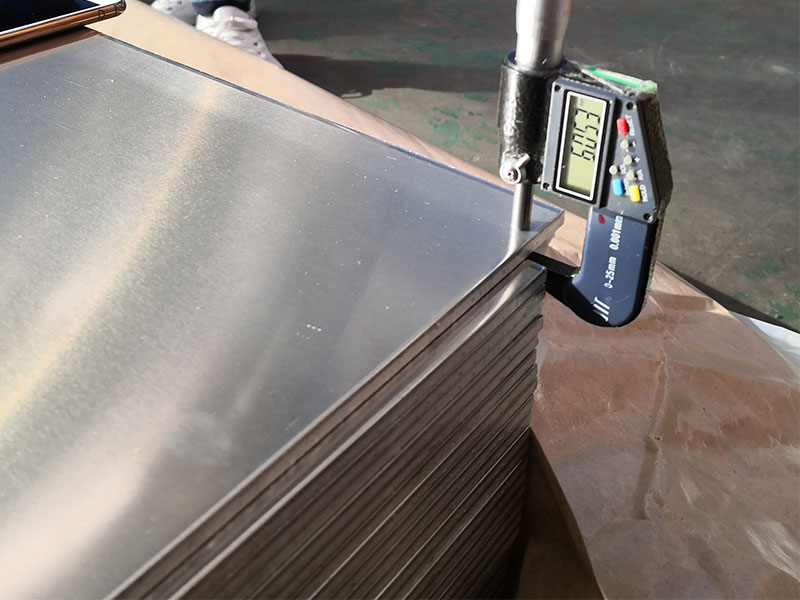
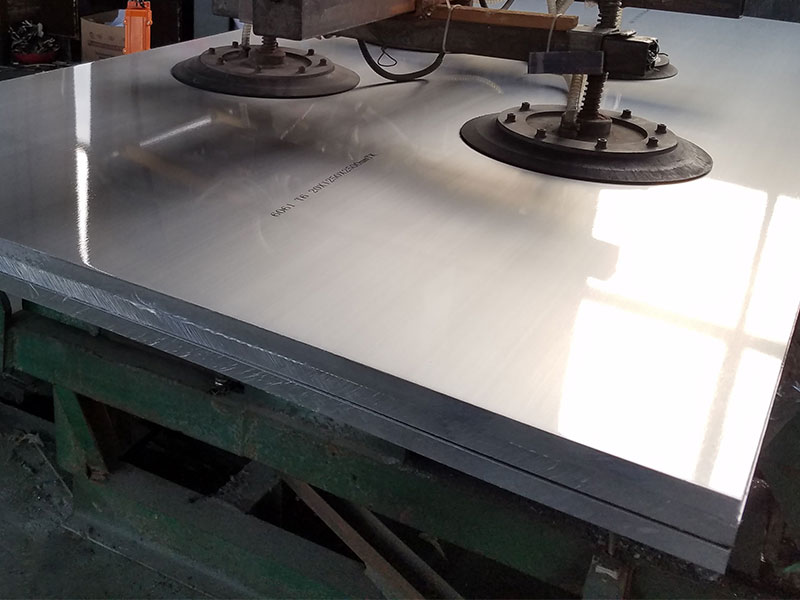




Leave a Message